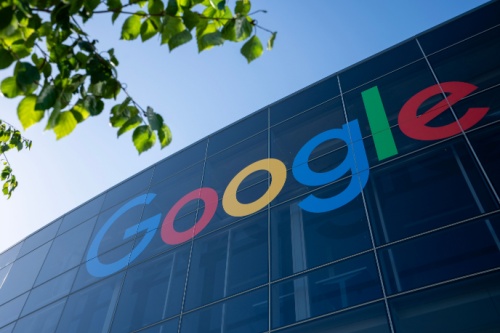We’ve always known content is king for SEO – but what happens when the king is replaced by a robot?
Doing written content is hard. It takes time to research. It takes time to write. It takes time to post and optimize.
At the end of the day, so many firms who have good intentions of doing content in-house ultimately don’t have the time or resources to do it.
Suddenly, AI exploded. Did our content marketing struggles just disappear? Can AI just do our content for us?
No. And we are starting to see some proof.
The Legal AI Content Case Study
In a case study published on our site and YouTube page, myself and the Civille SEO team analyzed what happens when you take an in-house legal website that has started to generate around 1,600 organic visits per month and post 15-20 AI-only posts per month for six months.
The results are pretty telling. As stated in the study, the site’s organic traffic took a dive to around 350 organic visitors per month, and the ranking keywords saw the same steady decline.
Google Confirms Quality Raters for AI-Generated Content
Soon after this case study was published, Google’s John Mueller confirmed at Search Central Live Madrid that the company is asking quality raters to asses if the main content of a page is auto or AI-generated. If the rater determines that it is AI-generated, the page will receive the lowest quality rating.
So now we have a live case study showing the damaging effects of AI content, and Google confirming that it is checking for this.
As the web is starting to get even more flooded with content due to the speed of AI generation, this is a warning shot on the dangers it can have on your brand.
But Isn’t Google Investing in AI?
This announcement from Google may seem confusing, as we all continue to get emails on how Google is embracing AI with Gemini and other tools.

But there’s an important distinction. Google is investing in AI to enhance user experience, not generate the kind of content it wants to rank in search. This is where AI Overview in search, and other Gemini products that allow you to chat and build with it (as well as non-Google product ChatGPT) come in.
The applications can be used for so many things, but the idea behind it all is not to decide how your brand should be represented and position itself in the market. The next creative brand messaging is still going to come from people, although AI can help.
You Can Still Leverage AI for Content Development
Often, business owners – including law firm leaders – come out of AI sessions with more questions than answers. This is especially true with how AI can be used for content development.
Let’s lay out the Dos and Don’ts to alleviate some of the questions.
DO: Use AI for keyword research to uncover the proper keyword buckets, organize them all, and discover new content opportunities.
DO: Use AI to provide an outline of your content and organize your thoughts in the right order.
DO: Use multiple prompts when doing deeper research. You want to add context to get the helpful output you are looking for.
DO: Use prompt engineering to help AI understand the overall tone and voice of your brand. This will help with topic generation, headlines, and outlines.
DO: Use AI to help generate and promote your content. AI can quickly give you some solid ideas on headlines, email subject lines, and much more to iterate on.
DON’T: Simply ask AI to generate a blog post or internal page content from one prompt. These are the lowest-hanging fruit for AI detection.
DON’T: Let AI write entire paragraphs, especially the introductions and conclusions of your content. The hook and wrap-up tidbits are what make you unique – don’t lose your edge.
DON’T: Overdo it with content in a short timeframe. If your site has had no content posted for a year, and you are using AI to help write 5 posts a day, that will look unnatural to search engines.
Stay Disciplined with AI Content
You want your firm to stand out in search. Content is a great way for that to happen. But it’s too easy to get carried away with AI to help you achieve your content goals. As with anything, when someone seems too good to be true, it typically is.
And as a law firm, you should be especially careful with what you are allowing AI to come up with in terms of legal content.
Stay disciplined. Leverage AI, but don’t rely on it when it comes to your content. And if you need help with the right kind of law firm SEO and content, the Civille team can assist.





